Usually silence, at least from one side, follows defeat.
It regularly ends with Australian rugby eating humble pie served by their New Zealand counterparts. Prepared by Sir Steve Hansen and delivered to the coaching box of a fuming Michael Cheika.
Few would have suspected it would have been the usually unflappable Dave Rennie, who has spent the past 12 months bringing the Wallabies together through song and his guitar, who cried foul about New Zealand Rugby.
But such is the tension Down Under that the war of words has been reignited by these rugby neighbours and reached fever pitch.
For years, Rugby Australia – formerly the Australian Rugby Union – did not want to rock the boat. Now they are firing cannon balls off a dime a dozen.
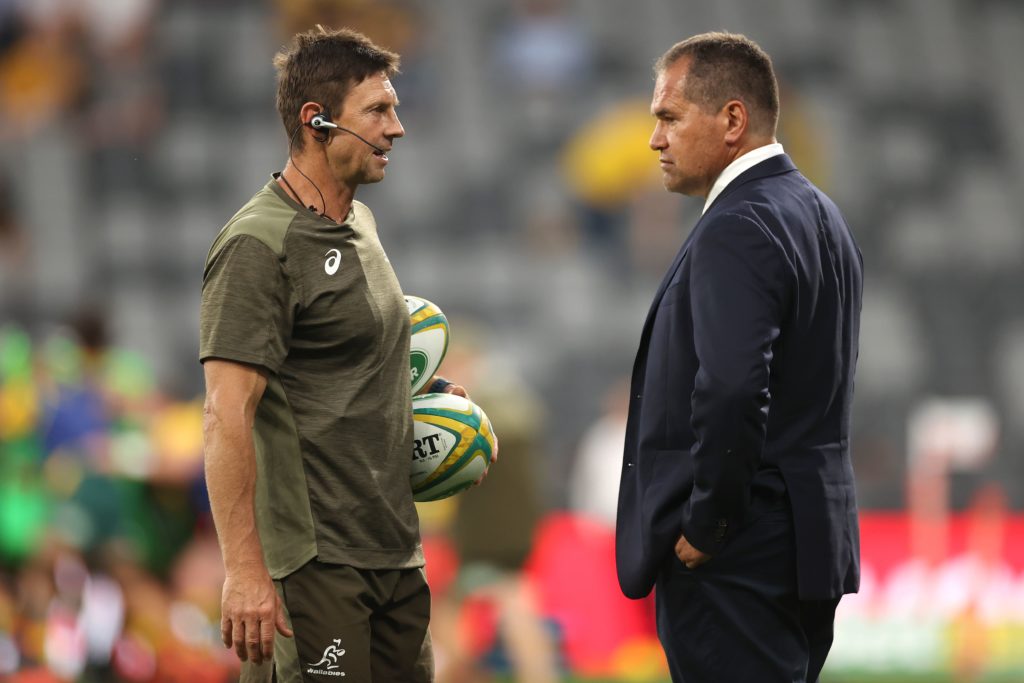
The boat has well and truly been shaken by the Covid pandemic.
Shaken into action after years of wanting to be shown the path to salvation, the SANZAAR alliance is bit-by-bit being eroded away.
Once a strength, geography has led to the southern powers pulling against one another.
Like bees to a honey pot, nothing has been able to stop the exodus to the north where riches await in the Promised Land.
The destabilisation caused by players moving to the north, coupled with the Covid pandemic forcing the suspension of Super Rugby in 2020 has led to a nationalistic approach from Australia and New Zealand particularly, with South Africa inevitably breaking away like an iceberg separating because of climate change and leaving Argentina left looking at their relatively new partners squabbling away.
Anxious about the future, with financial security at the forefront of their minds, RA was left furious after NZR used “player welfare” as the sole reason they did not board a charter flight ahead of the original August 28 Bledisloe fixture in Perth.
New leadership from both unions has seen a power battle form, with RA not willing to take a backwards step to New Zealand Rugby, who is being led by Mark Robinson in the post-Steve Tew world.
While the two Unions might have come together to announce Super Rugby Pacific, both are trying to sew up their futures through private equity.
In the professional era, where capital is king, both unions have lost one of the key pillars in Super Rugby that made both so strong: South Africa.
While the Springboks are signed on to remain in The Rugby Championship for the best part of a decade, the great fear is they will be swallowed up by the north before then.
Anxious about the future, with financial security at the forefront of their minds, RA was left furious after NZR used “player welfare” as the sole reason they did not board a charter flight ahead of the original August 28 Bledisloe fixture in Perth.
While NZR’s decision came with the TRC fixtures and locations not set in stone because of the fluidity caused by Covid, RA believed their counterparts should have trusted them to host the tournament particularly after they compromised by playing the opening two Bledisloe tests at Eden Park – a venue the All Blacks had not lost at since 1994.
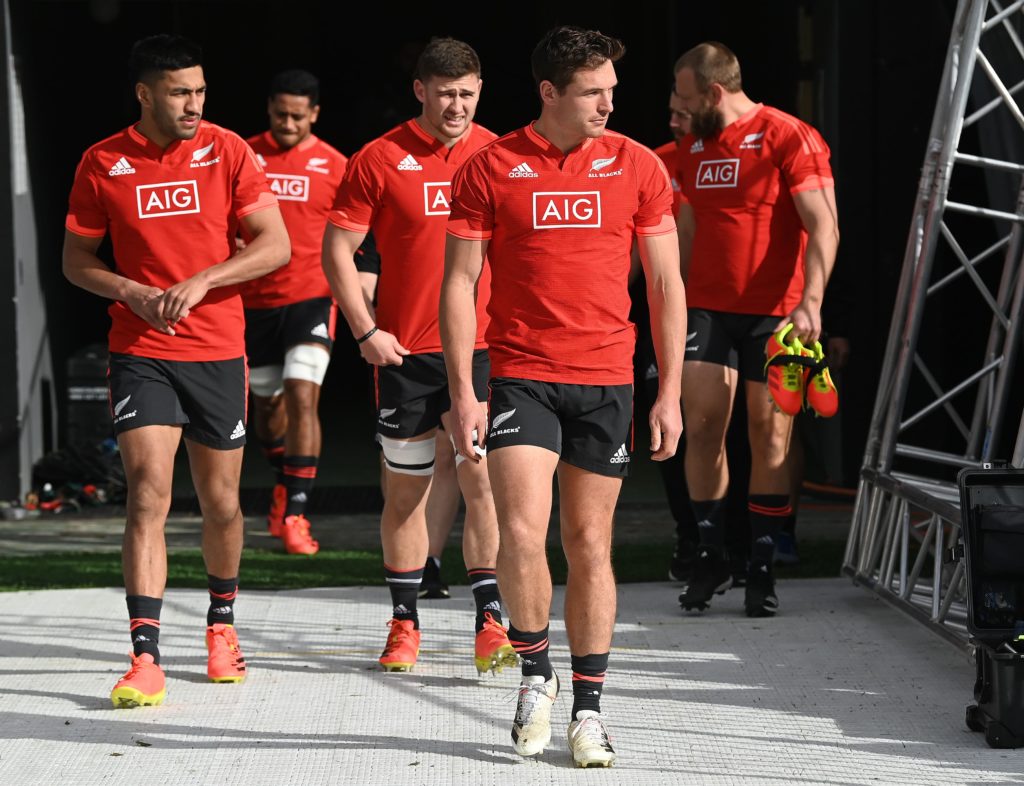
Given all the bickering of the past fortnight, it seems preposterous that Bledisloe III and the second round of the TRC will be played on Sunday.
Rennie said he was “bloody angry” when the news broke NZR had aborted a chartered flight, which left the Wallabies in Perth – a city and a state that had closed its border to the east coast of Australia because of Covid – isolated away from their families for another week.
Tempers have simmered somewhat, according to Rennie.
“We were probably fired up when we got the initial news,” the second-year Wallabies coach said on Friday after announcing his team for Bledisloe III.
“We’ve moved on, there’s enough motivating factors heading into this test without talking about the All Blacks.”
For the All Blacks, the test is a must-win for their hopes of winning the TRC back from the Springboks and denying them some more silverware after a phenomenal past two years.
The match is vital for more reasons than one.
For the All Blacks, the test is a must-win for their hopes of winning the TRC back from the Springboks and denying them some more silverware after a phenomenal past two years.
It comes as the All Blacks try to rebuild under the new direction of Ian Foster, who was re-signed through until the 2023 World Cup after wrapping up the Bledisloe Cup for a 19th straight year.
But for the Wallabies, Sunday’s test represents much more than an isolated win in what is a Bledisloe “dead rubber”.
Rugby has always been a “niche sport” in Australia.
The Wallabies might have won the Webb Ellis Cup twice – one of three nations to do that along with the Springboks and All Blacks, who have each won it three times – but the sport is predominantly played along the east coast and in private schools.
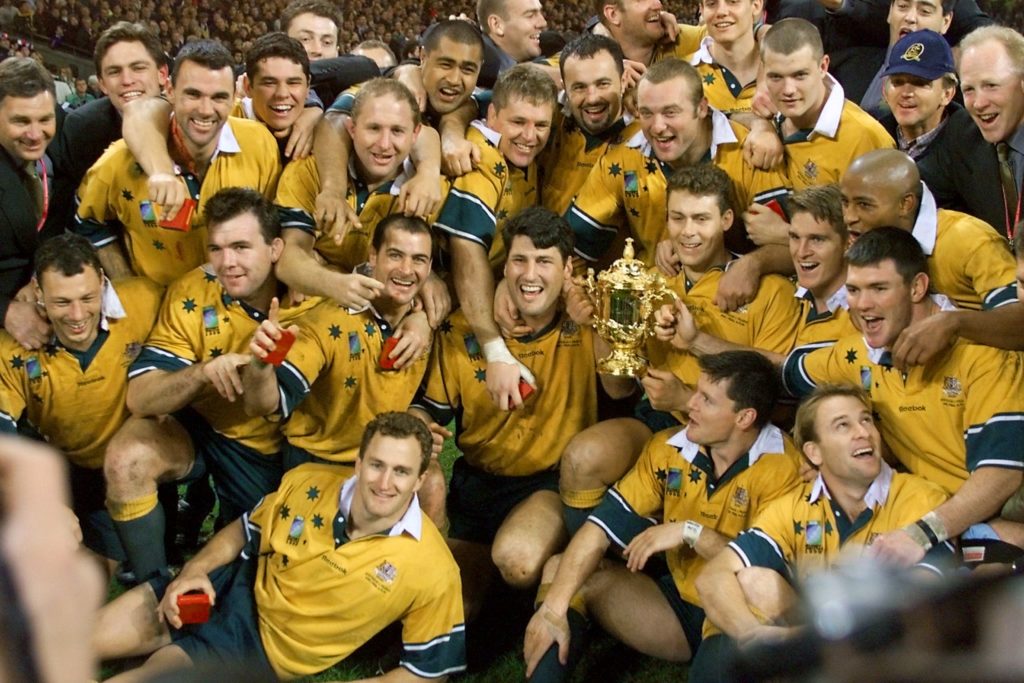
Yet, even in those areas, the game is drying up quickly in large part because of their pain, frustration and devastation caused by years of defeats in a significantly congested sporting market in Australia.
It is why RA thought long and hard in recent months over the structure of Super Rugby for 2022 because the Australian-only competition had resonated with the community. An Australia team was guaranteed a win each weekend.
Even Tate McDermott, the Wallabies’ most attacking threat in Bledisloe II and perhaps their brightest new prospect this year, lamented the side’s failures as they went down 57-22 to lose the series after being firmly in the contest early in the second half.
“We’ve got to hold the ball, we’ve got to respect the ball and then on the flip side it’s about our defence,” McDermott told reporters on Wednesday.
“It was nowhere near good enough, especially in that second test, when we conceded 57 points.
“To call ourselves a tier-one nation and do that is really quite embarrassing.”
The Wallabies’ performance was not nearly as bad as the scoreline suggested, with the heavy defeat put down to half-a-dozen coach-killing moments, including two intercept tries and another two poor reads at the breakdown which led to the All Blacks finding holes left from overzealous defenders.
His coach Rennie didn’t shy away from McDermott’s comments either, calling them “right”.
The Wallabies’ performance was not nearly as bad as the scoreline suggested, with the heavy defeat put down to half-a-dozen coach-killing moments, including two intercept tries and another two poor reads at the breakdown which led to the All Blacks finding holes left from overzealous defenders.
But the bloodbath at Eden Park continued a worrying pattern between the two teams and showcased the gulf in class between the two nations.
Consistency remains the problem, in games and from one match to the next.
Both nations have players missing for Bledisloe III, with the imminent arrivals of their new-borns ruling out Wallabies Hunter Paisami and Lukhan Salakaia-Loto, while the All Blacks have captain Sam Whitelock and halves Aaron Smith and Richie Mo’unga absent.
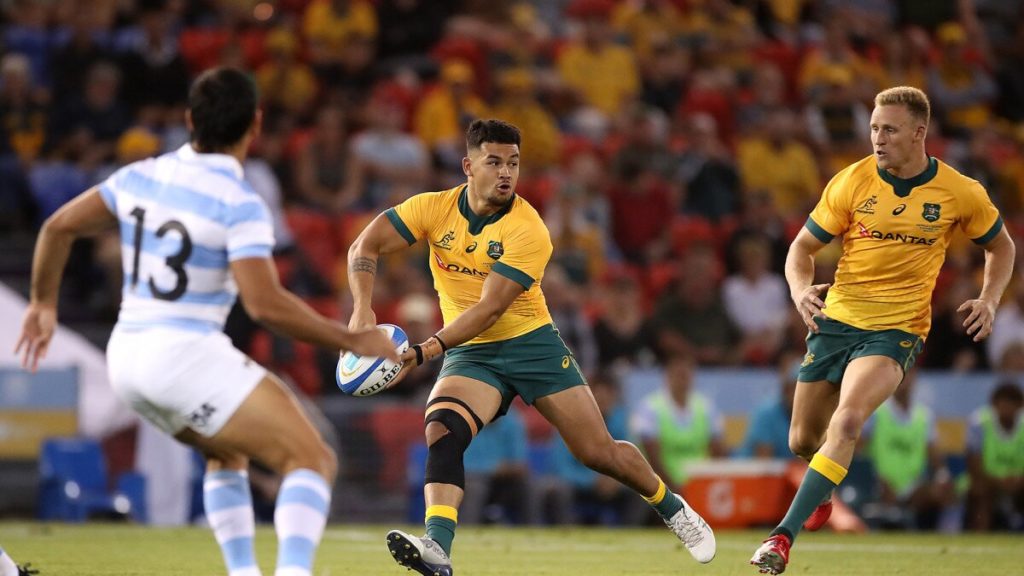
If the Wallabies were able to take out any three New Zealanders, the All Blacks trio would surely feature towards the top of their picks.
It has led to some believing the All Blacks are “vulnerable”, a thought which has some history behind it given their defeat in the final Bledisloe fixtures of the 2020 and 2017 campaigns.
Not Rennie though, who knows only too well the depth New Zealand has to offer.
But it was his comments on consistency which stood out in the current Australian environment.
“I’m not sure vulnerable is the right word,” he said. “But we’re a lot better side than that scoreline suggested. We gave up too many soft points.
If they can win, or at least put up a strong showing, they can capitalise on hosting the TRC, which will showcase four doubleheaders, including the world champion Springboks.
“I can say whatever here, it’s what we do on the park.
“We’ve talked a lot about trying to earn the respect of the people right across this country and you’ve got to do it through performance. If we want them to get behind us and believe in us we’ve got to deliver performances consistently. We probably did that in the first four tests but certainly not in the last one.
“I can assure you the team is hurting and we’re keen for a positive response on Sunday.”
A positive result is vital for Australian rugby.
If it does not eventuate, the Wallabies will be up against it trying to capture the attention of the wider audience in Australia in the midst of the AFL and NRL finals series’.
Yet, if they can win, or at least put up a strong showing, they can capitalise on hosting the TRC, which will showcase four doubleheaders, including the world champion Springboks.
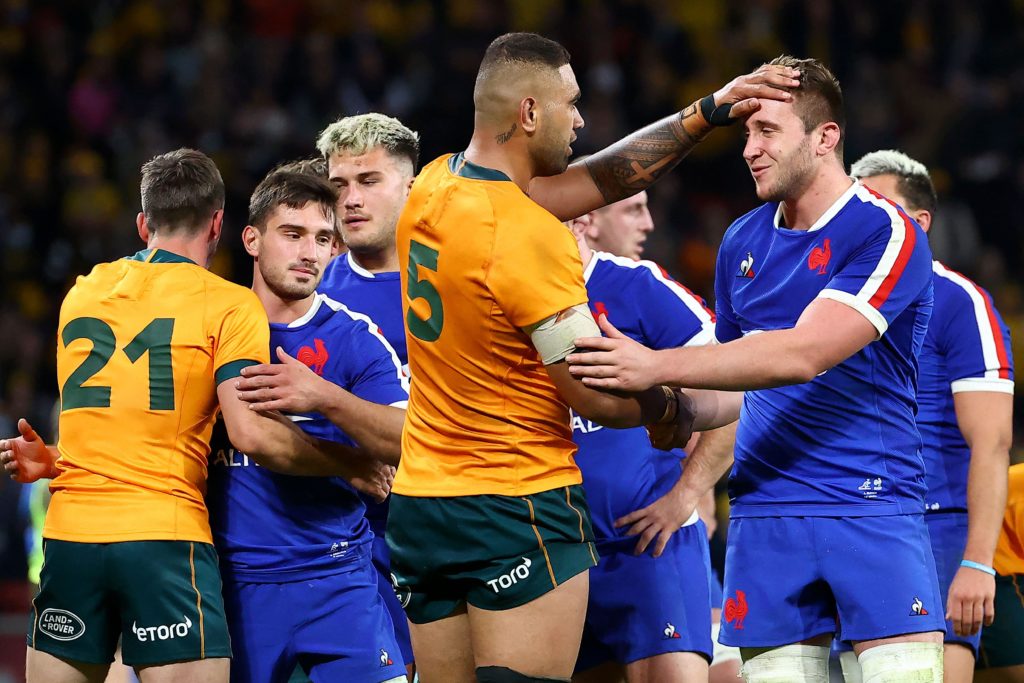
The tournament will also give Australian audiences to witness first-hand the 100th test between the All Blacks and Springboks.
A positive result for the Wallabies would also give them what they crave: respect.
Respect from New Zealand, who only one year ago issued a report detailing they believed Australian rugby could only support two sides in any future Super Rugby competition involving them.
Respect too from Australian audiences, who have grown tiresome of the inconsistency shown on the field.
As RA prepares for the final stages of their 2027 World Cup bid, it really is respect they are commanding.
That is why the once great rugby power is trying to stand tall once more.



Comments
Join free and tell us what you really think!
Sign up for free